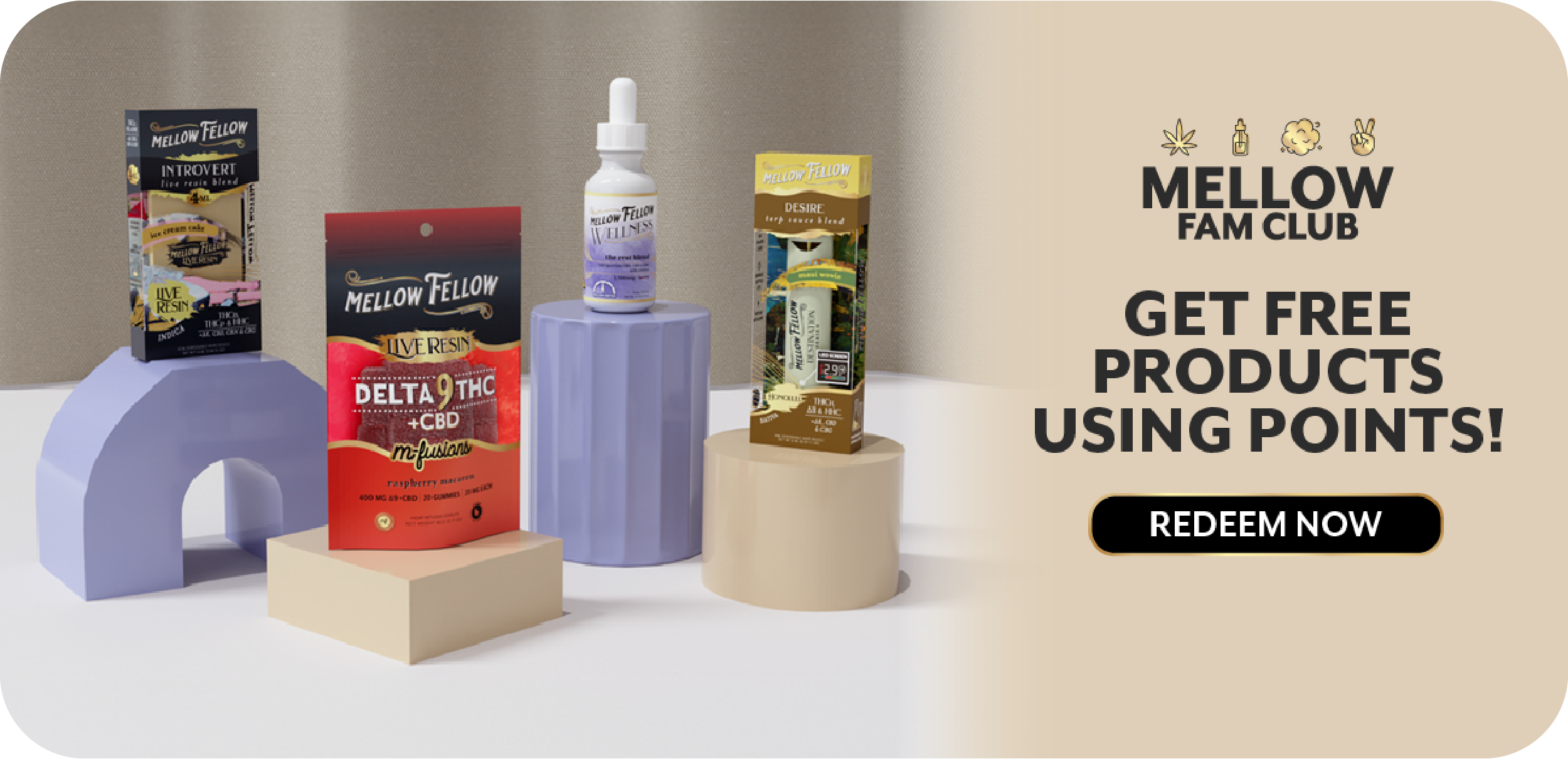THCh 0.5g Disposable Vapes
8 products
8 products
Unlock the power of THCh with our 0.5g disposable vape collection, created to deliver potent, euphoric highs. THCh is a cannabinoid known for its strong effects and potential to ease pain and melt away stress— all while providing a soothing, unforgettable experience. Explore distinctive sativa, indica, and hybrid strains with unique flavors, each expertly crafted to turn ordinary moments into extraordinary ones.


What Is THCh?
Tetrahydrocannabihexol (THCh) is a hexyl homolog of THC, meaning it shares the same core structure as Delta-9 THC but with a six-carbon side chain. This small molecular variation leads to enhanced receptor binding, producing effects that are noticeably more potent, smoother, and more refined. THCh’s effects are said to be very similar to THC, and is known for its potential to reduce anxiety and promote relaxation.
While research into THCh is still emerging, its unique structure and growing user base are putting it on the map as a go-to for experienced consumers and cannabinoid connoisseurs.
Effects: What Does THCh Feel Like?
THCh isn’t your average cannabinoid. This cannabinoid has made waves for its deep, full-body buzz and mentally elevating effects that users often describe as both grounding and euphoric. The high is most similar to THC than any other cannabinoid, while also being longer lasting.
What can you expect when consuming THCh? Many report feeling relaxation, enhanced mood, relief from aches and inflammation, and a wave of euphoria that induces creativity. That said, everyone’s experience is personal. The way THCh hits can vary based on your tolerance, body chemistry, and mindset going in. But common reports include:
Additionally, some users mention THCh helping with focus and flow-state thinking, especially in creative tasks. Some researchers believe this clarity may stem from THCh’s interaction with the endocannabinoid system, though more studies are needed to fully understand its cognitive effects.
While THCh hasn’t had its moment in the scientific spotlight quite yet, early research and anecdotal evidence hint at potential therapeutic perks similar to THC, like:
Researchers have identified THCh as the second most psychoactive cannabinoid after THCp. Its potent, long-lasting effects make it a compelling option for those seeking a deeper, more immersive experience than traditional THC.
When it comes to cannabinoids, strength and structure can make all the difference. Delta 9 THC, more commonly known as THC, has long held the spotlight for its well-known psychoactive effects, but THCh is carving out its own lane, drawing attention for its remarkably potent and long-lasting impact on both body and mind.
The primary distinction between THCh vs THC lies in how they interact with the brain. THCh has a longer alkyl side chain- essentially a molecular extension- that enhances its ability to bind with CB1 receptors. This stronger connection may result in more intense psychoactive effects, often lasting noticeably longer than those associated with traditional THC.
Both cannabinoids influence the endocannabinoid system, but THCh’s stronger binding affinity to CB1 receptors may amplify effects like:
A pronounced body high
A more enveloping cerebral experience
Longer duration of psychoactivity
Enhanced sensory perception
Some anecdotal evidence even suggests that THCh may help bypass tolerance plateaus for individuals who no longer feel the full effects of regular THC.
Legally, Delta 9 THC remains federally illegal and restricted in many states. THCh, on the other hand, is federally legal per the 2018 Farm Bill, giving it a wider accessibility for those looking to explore powerful effects within legal boundaries.
THCh and THCp are both heavy hitters in the world of cannabinoids but their differences lie in the fine print of chemistry, and those subtle shifts can mean very different experiences.
THCh is known for its enhanced binding affinity compared to traditional THC, thanks to its six-carbon (hexyl) side chain. This structure helps it latch onto CB1 receptors in the brain more effectively than Delta 9 THC, often resulting in a stronger, longer-lasting high with more physical intensity and emotional uplift.
THCp, however, goes even further. With a seven-carbon (heptyl) side chain, it binds to CB1 receptors up to 33 times more effectively than Delta 9 THC. That means even a tiny amount of THCp can deliver incredibly potent effects—often described as intensely euphoric, physically immersive, and mentally expansive.
Here’s where it gets interesting: while THCp may hit harder, THCh tends to offer a more manageable experience for many users- still powerful, but with a smoother ramp-up and less overwhelming mental stimulation. In this way, THCh can be a sweet spot for those seeking more intensity than Delta 9 THC, without the full-on ride THCp delivers.
To keep it simple:
THCh = strong, long-lasting, grounded experience
THCp = ultra-potent, longer lasting, and best suited for experienced users with high tolerances
Both are hemp-derived, federally legal cannabinoids with psychoactive properties, but their effects, intensity, and duration can vary significantly depending on your body chemistry and method of consumption. If you're new to either of these, start low and go slow.
THCa and THCh are two cannabinoids that look similar on paper, however there are distinct differences between the two. Chemically, THCa, or tetrahydrocannabinolic acid, is the acidic precursor to THC, also known as Delta 9 THC, the compound famously known for its psychoactive effects.
In its raw form, THCa doesn’t produce any psychoactive effects. When exposed to heat, THCa goes through a process known as decarboxylation and is converted into THC, unlocking its psychoactive potential. Unlike THCa, THCh is psychoactive, directly interacting with the body’s endocannabinoid system.
While research is still new, THCh may be up to 10x more potent than regular THC depending on dose and individual tolerance.
THCh is being explored for its potential to relieve pain and anxiety, regulate mood, and even stimulate appetite. Users often report a smooth but intense onset that ends up being an experience very similar to THC. Anecdotally, out of all of the cannabinoidsTHCh offers the closest experience to traditional THC.
While not psychoactive in its raw form, THCa reportedly shows promise for its anti-inflammatory and neuroprotective effects, making it a potential player in treating conditions like arthritis, seizures, and even neurodegenerative diseases. It’s also said to be rich in antioxidants, which may help combat cellular stress and support overall wellness. This opens new possibilities for treatment options in various conditions without inducing a high.
Legally speaking THCa in its raw form is often considered federally legal as long as it stays under 0.3% Delta 9 THC. But once you heat it and convert it into THC, it may fall under stricter regulations depending on your state.
THCh is also considered federally legal as long as it is hemp derived and contains less than 0.3% Delta 9 THC. Before purchasing either one, you should always check your local laws as regulations tend to vary state by state.
Loading your rewards...